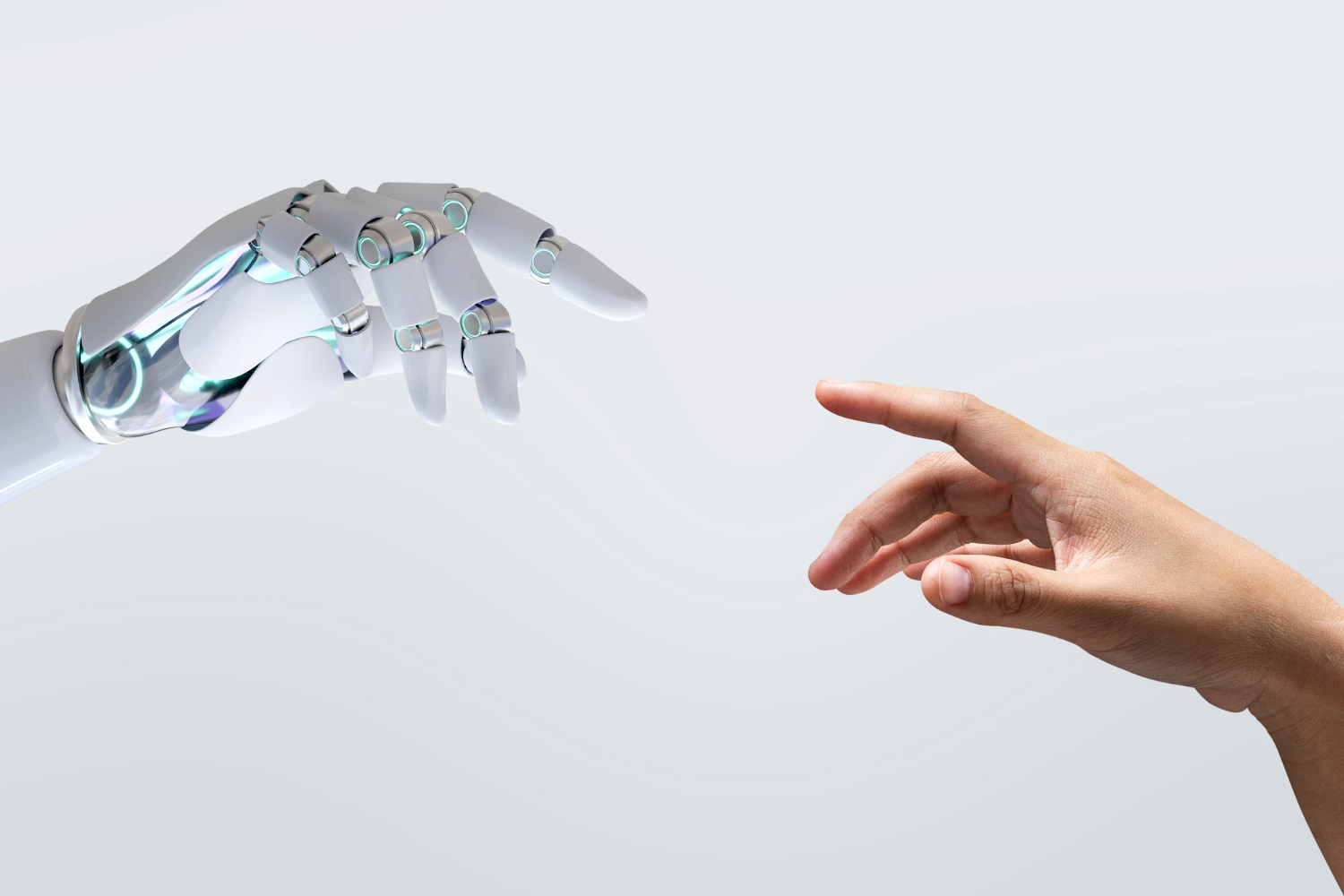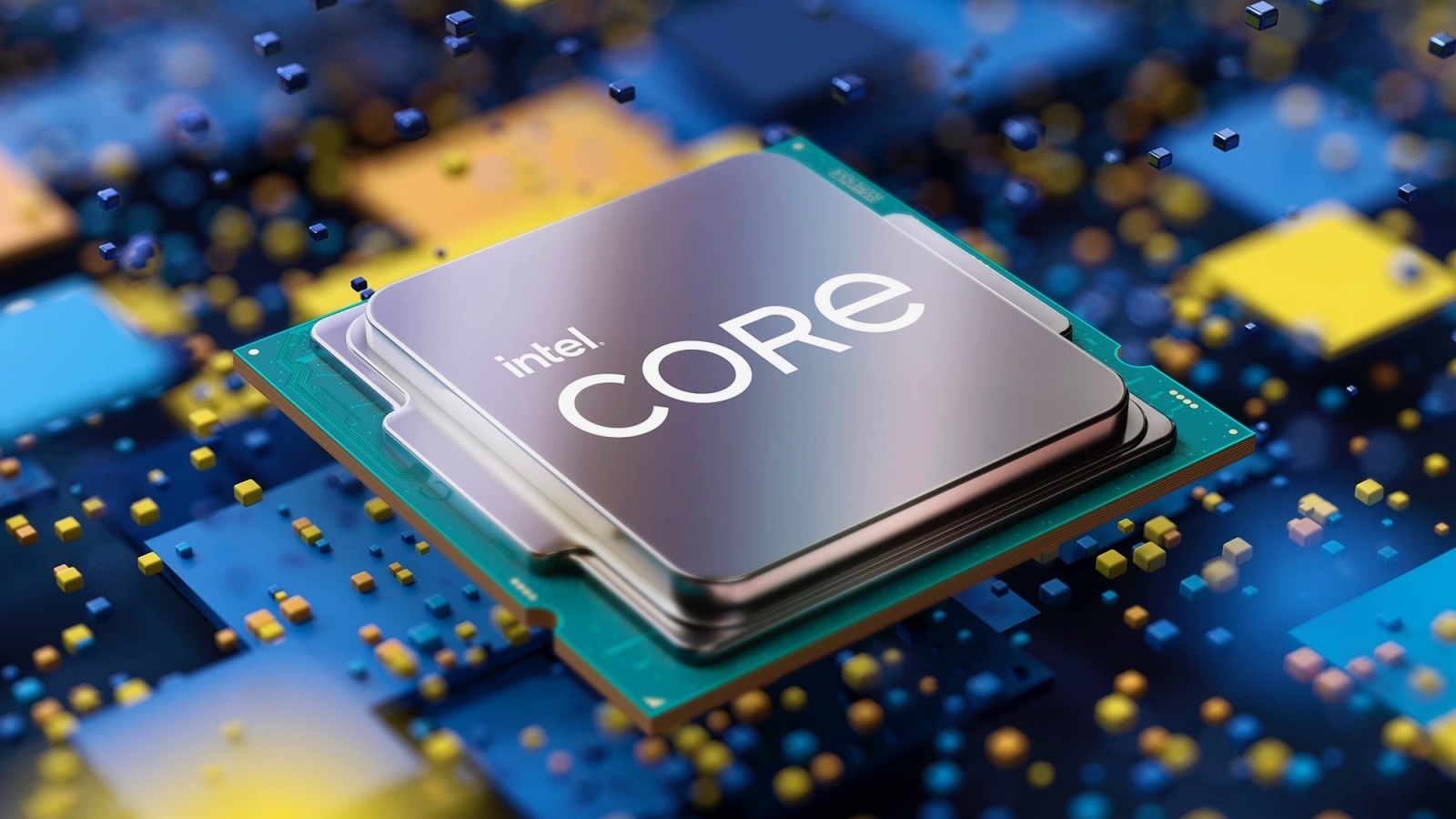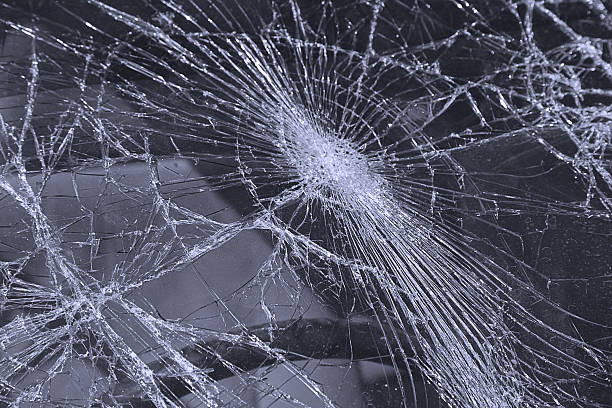ในการเลือกซื้อประกันรถยนต์ทุกวันนี้เป็นเรื่องง่ายผู้เอาประกันหรือผู้ที่สนใจสามารถเข้าไปทำความรู้จักกับรูปแบบประกันรถยนต์ที่คุณต้องการได้อย่างอิสระเพื่อหารูปแบบประกันรถยนต์ที่เหมาะสมกับตัวเองเหมาะสมกับความเสี่ยงที่ผู้เอาประกันเป็นกังวล แต่แน่นอนว่าในวันนี้ก่อนที่คุณจะเข้าไปเลือกซื้อประกันรถยนต์รูปแบบใดก็ตามเรามาเช็คถึงปัญหาสำคัญที่อาจจะเกิดขึ้นระหว่างการเลือกซื้อประกันรถยนต์ของแต่ละคนกันก่อนว่ามีปัญหาใดบ้างเผื่อว่ามันจะช่วยป้องกันความเสี่ยงในการเลือกซื้อประกันรถยนต์และช่วยทำให้คุณค้นหารูปแบบประกันรถยนต์ที่เหมาะกับความต้องการของคุณเองได้มากขึ้นเพราะความหลากหลายในการเลือกซื้อประกันรถยนต์ในปัจจุบันนั้นมีอยู่มากหากคุณเตรียมตัวไม่ดีอาจจะทำให้ได้รับความคุ้มครองจากประกันรถยนต์ที่ไม่เหมาะสมกับความต้องการทำให้รู้สึกไม่คุ้มค่าเมื่อต้องจ่ายเบี้ยประกันในแต่ละปี ประกันรถยนต์ในปัจจุบัน ต้องระวังอะไรในการเลือกซื้อ สำหรับคนที่เคยเลือกซื้อประกันรถยนต์ไปแล้วอาจจะไม่มีปัญหาเกี่ยวกับการเลือกซื้อประกันรถยนต์หรือสำหรับใครที่ยังมีปัญหาอยู่สามารถเข้ามาเตรียมตัวเพื่อเลือกซื้อรูปแบบประกันรถยนต์กรมธรรม์เล่มใหม่เพื่อเพิ่มความคุ้มครองในการขับขี่ให้กับตัวคุณเองได้ในบทความนี้ที่เราได้เตรียมเอาไว้ให้ทุกคนได้เข้ามาทำความรู้จักหรือเตรียมตัวก่อนเข้าไปเลือกซื้อประกันรถยนต์ว่าคุณอาจจะเจอรูปแบบปัญหาใดบ้างได้ในวันนี้เลย

พลังงานไฟฟ้า มีข้อดีและข้อเสียอย่างไร พลังงานไฟฟ้า มีข้อดีและข้อเสียอย่างไร
ไฟฟ้าเป็นปรากฏการณ์ด้านกายภาพซึ่งเกิดมาจากการไหลและการมีอยู่ของประจุไฟฟ้า มีองค์ประกอบของสสารที่เกี่ยวข้องอันส่งผลให้เกิดพลังงานไฟฟ้าขึ้น นั่นคือการมีอยู่ของอนุภาคอะตอมอันประกอบด้วยประจุไฟฟ้าหรือที่เรียกว่าอิเล็กตรอน บทความนี้จะมาพาให้ทุกคนไปรู้จักกับข้อดีและข้อเสียที่ได้จากการใช้พลังงานไฟฟ้าว่ามีอะไรบ้าง พลังงานไฟฟ้า มีที่มาอย่างไร ที่มาของพลังงานไฟฟ้าถูกบันทึกไว้ก่อนคริสต์ศักราช มนุษย์ทุกคนต่างมองเห็นถึงความสำคัญของไฟฟ้า สมัยอียิปต์โบราณ 2570 ปีก่อนคริสต์ศักราช มีข้อความที่กล่าวถึงสายฟ้าแห่งแม่น้ำไนล์ ซึ่งเป็นปลาชนิดหนึ่งถูกเรียกว่าผู้พิทักษ์ ต่อมาช่วงยุคสมัยกรีกโบราณ มีการพิสูจน์โดยแพทย์และนักธรรมชาติวิทยาจำนวนมากเกี่ยวกับไฟฟ้าจากปลากระเบนไฟฟ้าและปลาดุกไฟฟ้า แล้วยังรู้ว่าเมื่อมีการช็อก ไฟฟ้าเดินไปตามวัตถุตัวนำ สามารถรักษาอาการปวดหัวหรือโรคเกาต์ได้ด้วย เวลาผ่านไปถึง 600 ปีก่อนคริสต์การ มนุษย์ได้เรียนรู้เรื่องไฟฟ้าสถิตอันส่งผลให้เกิดเหล็กบนอำพัน จนล่วงเลยมาถึงปัจจุบันก็มีการพัฒนาต่อเนื่องจนมีไฟฟ้าออกมาในรูปแบบต่าง ๆ ซึ่งเป็นสิ่งที่หลายคุ้นเคยกันดี ข้อดีและข้อเสียจากการใช้พลังงานไฟฟ้า การใช้พลังงานไฟฟ้ามีประโยชน์หรือข้อดีอยู่หลายประการ ขณะเดียวกันก็มีข้อเสียด้วย โดยสามารถกล่าวได้ดังต่อไปนี้ ไฟฟ้าคือพลังงานที่ช่วยเสริมสร้างความก้าวหน้าทั้งด้านวิทยาศาสตร์และเทคโนโลยีในหลายศตวรรษจนถึงปัจจุบันซึ่งเป็นความจริงที่ว่าสิ่งประดิษฐ์ส่วนมากทำงานด้วยไฟฟ้า

IAI ระบบนิวเมติกส์ คืออะไร มีข้อดีข้อเสียอย่างไร IAI ระบบนิวเมติกส์ คืออะไร มีข้อดีข้อเสียอย่างไร
IAI ระบบนิวเมติกส์ คือ ระบบที่ใช้พลังงานลมเปลี่ยนเป็นพลังงานกลในอุตสาหกรรมต่าง ๆ โดยเฉพาะด้านการควบคุมเครื่องจักรและการขับเคลื่อน มีจุดประสงค์เพื่อประหยัดค่าใช้จ่ายและทดแทนแรงงานคน โดยมีทั้งข้อดีและเสียตามลักษณะการใช้งาน IAI ระบบนิวเมติกส์กับความโดดเด่นเรื่องความยืดหยุ่น ระบบนิวเมติกส์ IAI มีข้อดีหลัก ๆ เรื่องความยืดหยุ่นในการใช้งาน ดังนี้ 1. มีระดับแรงลมอัดให้เลือกถึง 3 ระดับ โดยแต่ละระดับเหมาะกับประเภทงานต่างกัน คือ 2. ปรับหรือเลือกระดับความเร็วได้ 3. ปรับระยะได้ตามต้องการ ระบบนิวเมติกส์กับข้อดีด้านอื่น ๆ นอกเหนือจากความโดดเด่นด้านความยืดหยุ่นปรับได้ตามใจแล้ว IAI

CPU i7 ตัวไหนคุ้มCPU i7 ตัวไหนคุ้ม
ถ้าถามว่าส่วนในเป็นส่วนที่สำคัญของคอมพิวเตอร์ คำตอบก็คงจะเป็น CPU ที่เป็น หน่วยประมวลผลกลางของคอมพิวเตอร์เปรียบเหมือนสมองที่คอยทำหน้าที่ในการตัดสินใจหรือคำนวณข้อมูลคำสั่งที่ได้รับมา เป็นหัวใจหลักในการประมวลผล CPU นั้นย่อมาจาก Central Processing Unit ทำหน้าที่ประมวลผลข้อมูลเชิงตรรกะ โดยมีกระบวนการพื้นฐานคือ 1.อ่านชุดคำสั่ง 2.ตีความชุดคำสั่ง 3.ประมวลผลชุดคำสั่ง 4.อ่านข้อมูลจากหน่วยความจำ 5.เขียนข้อมูล/ส่งผลการประมวล สำหรับการทำงานทั่วไปก็อาจจะไม่ต้องใช้สเปคสูงมากก็ได้ แต่สำหรับคนที่ต้องทำงานกราฟฟิค หรือสตรีมเกม ก็อาจจะต้องใช้ CPU สเปคสูงขึ้นไปอีก อย่าง Core i7 วันนี้จะขอมาแนะนำ CPU i7

ส่วนลดประวัติดี คืออะไร ? มีหลักการคำนวณส่วนลดประวัติดีอย่างไรส่วนลดประวัติดี คืออะไร ? มีหลักการคำนวณส่วนลดประวัติดีอย่างไร
หลายคนคงน่าจะเคยได้ยินคำว่า ส่วนลดประวัติดี หรือที่ภาษาอังกฤษเรียกกันว่า No Claim Bonus (NCB) กันมาบ้างพอสมควร แต่รู้หรือไม่ว่า การให้ส่วนลดประวัติดี มีหลักการคำนวณส่วนลดประวัติดีอย่างไร ได้ส่วนลดประวัติดีกันเท่าไหร่ในกรณีที่ประกันรถยนต์ไม่เคยเคลม สำหรับผู้ที่สนใจหรือประกันรถยนต์ใกล้จะหมดภายในไม่กี่เดือนนี้ ต้องดู ส่วนลดประวัติดี คืออะไร ? การที่ประกันรถยนต์ไม่เคยเคลม หรือ เราไม่เคยเป็นฝ่ายผิดในปีที่ผ่านมา เช่น กรณีผู้เอาประกันภัยมีรถยนต์เอาประกันภัยไว้กับบริษัท บริษัทจะลดเบี้ยประกัน 3+ให้แก่ผู้เอาประกันภัย โดยช่วงส่วนลดราคานี้มีตั้งแต่ 20% – 50% ขึ้นอยู่ระยะเวลาที่ต่อประกันคุ้มครองตามเงื่อนไขเป็นลำดับชั้น แต่จะมีส่วนลดประวัติดีให้เฉพาะบางบริษัทประกันภัยเท่านั้น

ธุรกิจเกี่ยวกับไอทีเป็นกิจการที่คนนิยมเปิดอย่างมากธุรกิจเกี่ยวกับไอทีเป็นกิจการที่คนนิยมเปิดอย่างมาก
ในปัจจุบันนี้เรื่องของธุรกิจเกี่ยวกับไอทีเป็นธุรกิจที่หลายๆคนนั้นก็มักที่จะให้ความสนใจกันอย่างมากมายเลยเพราะว่าในเรื่องของไอทีนั้นก็เป็นเรื่องที่เข้ามามีบทบาทที่สำคัญอย่างที่สุดในตอนนี้และเรื่องของไอทีนั้นก็เป็นเรื่องที่ดีอย่างมากที่เราจะละเลยหรือมองข้ามไปไม่ได้เลยอย่างน้อยหากเราไม่มองข้ามไปแล้วนั้นก็จะส่งผลที่จะช่วยทำให้เรายิ่งมีความสุขมากขึ้นด้วย และที่สำคัญในเรื่องของการที่เราทำธุรกิจเกี่ยวกับไอทีนั้นก็เป็นเรื่องที่ดีอย่างน้อยเราก็จะได้รู้ว่าเราควรที่จะต้องลงของขายอะไรเพราะยิ่งเราได้ลงของขายและมีความใหม่อยู่เสมอนั้นก็จะช่วยส่งผลที่จะทำให้เรานั้นยิ่งเกิดความสุขมากยิ่งขึ้นด้วยและที่สำคัญในเรื่องของไอทีจะส่งผลที่จะทำให้เราได้คลายจากความเครียดได้ดีอีกด้วย การที่เราอยากที่จะทำธุรกิจเกี่ยวกับไอทีนั้นเป็นเรื่องที่เราเองจะต้องหาข้อมูลและหาที่รับของมาในราคาที่ต่ำและมีคุณภาพเพราะถ้าหากเรารับของในราคาที่ต่ำก็จริงแต่มาตรฐานแย่ก็ไม่ใช่เรื่องที่ดีอีกด้วยและที่สำคัญยิ่งเราได้ให้ความสนใจกับเรื่องของธุรกิจเกี่ยวกับไอทีแล้วก็จะยิ่งดีอย่างมากมายเลย สิ่งนี้จึงเป็นเรื่องที่เราเองก็ควรที่จะต้องให้ความสนใจมากๆเพราะอย่างน้อยการที่เราได้ให้ความสนใจกับเรื่องของการทำธุรกิจแล้วนั้นก็จะยิ่งเป็นเรื่องที่ดีอย่างยิ่งเลย การลงทุนที่จะทำธุรกิจไอทีนี้ก็มีให้เราได้เลือกอย่างมากมายดังนั้นเราจึงควรที่จะต้องใส่ใจให้มากที่สุดเพราะอย่างน้อยการที่เราได้ให้ความใส่ใจตรงส่วนนี้แล้วนั้นก็จะดีต่อเราเองอย่างยิ่งด้วย การทำธุรกิจเกี่ยวกับไอทีนั้นก็จะช่วยทำให้เราได้รู้จักที่จะเรียนรู้อยู่ตลอดเวลาเพราะแต่ละแหล่งที่เราจะรับของมาขายนั้นก็จะมีราคาและมีเจ้าที่แตกต่างกันออกไปอีกด้วย สิ่งนี้จึงถือว่าเป็นเรื่องที่ดีอย่างมากและหากเราได้ใส่ใจไปแล้วนั้นก็จะทำให้เรายิ่งมีความสุขที่สุดเพราะเราก็จะได้ไม่เครียดและไม่กังวลใจเลยนั้นเองเรื่องของไอทีนั้นก็ถือว่าเป็นเรื่องที่ดีอย่างมากที่เราจะมองข้ามผ่านไปไม่ได้จึงจะดีอย่างที่สุด อย่างน้อยในเรื่องของไอทีก็จะช่วยทำให้เราไม่ขาดทุนหากเราตั้งใจหาความรู้มากยิ่งขึ้นแล้วนั้นก็จะดีต่อเราเองอย่างยิ่งด้วย

การทำธุรกิจเกี่ยวกับไอทีจะต้องหาร้านที่รับของมาราคาต่ำจะดีที่สุดการทำธุรกิจเกี่ยวกับไอทีจะต้องหาร้านที่รับของมาราคาต่ำจะดีที่สุด
ในปัจจุบันนี้เรื่องของการทำธุรกิจเกี่ยวกับไอทีนั้นเป็นเรื่องหนึ่งที่สำคัญอย่างมากที่สุดที่เราเองก็ควรที่จะต้องอย่ามองข้ามแล้วก็ให้ความสนใจกันอย่างที่สุดเพราะว่าในเรื่องของการทำธุรกิจนั้นเป็นเรื่องที่ดีอย่างมากที่เราก็จะต้องใส่ใจและให้ความสนใจกันอย่างมากมายด้วยจึงจะยิ่งดีเพราะว่าในเรื่องของการที่เรานั้นทำธุรกิจเกี่ยวกับไอทีเราก็จะต้องให้ความสนใจมากๆด้วยอย่างน้อยก็เพื่อที่ตัวเราจะได้ยิ่งมีความสุขไปกับการทำธุรกิจนั้นๆด้วย เรื่องของการทำธุรกิจนั้นไม่ใช่เรื่องง่ายเลยเราจึงควรที่จะต้องหาความรู้ในเรื่องของการรับแหล่งของไอทีที่มาในราคาต่ำเพราะยิ่งเราได้เลือกของที่มีในราคาต่ำได้มากเท่าไหร่ก็จะช่วยทำให้เรายิ่งมีความสุขมากเท่านั้นอย่างน้อยในเรื่องของไอทีจะช่วยทำให้เราเป็นคนที่มีความรู้มากขึ้นด้วยและเราก็จะได้มีการบริหารจัดการที่ดียิ่งขึ้นด้วย การที่เราได้รู้จักที่จะรับของเกี่ยวกับไอทีมาขายนั้นเราก็ควรที่จะต้องหาแหล่งที่น่าเชื่อถือและที่สำคัญเราก็จะต้องหาแหล่งที่มีคุณภาพราคาไม่แพงแต่มีคุณภาพด้วยเพราะยิ่งเราได้ให้ความสนใจและใส่ใจตรงส่วนนี้แล้วนั้นจะช่วยทำให้เรายิ่งมีความสุขที่สุดเพราะเราก็จะพอมองออกว่าเราจะเห็นกำไรมากขึ้นจากตรงการรับของในราคาทุนที่ไม่สูงเกินไปนั้นเอง เราจึงควรที่จะต้องให้ความสนใจกับเรื่องของธุรกิจเกี่ยวกับไอทีให้มากๆและควรที่จะต้องหาแหล่งเกี่ยวกับไอทีให้ได้มากที่สุดเพราะยิ่งเราได้หาแหล่งที่มีการรับมาขายต่อในราคาที่ถูกนั้นก็จะทำให้เราสามารถที่จะได้กำไรเพิ่มขึ้นเท่าตัวเลย และเรื่องนี้จึงเป็นเรื่องที่เราเองก็จะต้องอย่ามองข้ามและก็ควรที่จะต้องให้ความสนใจกันมากๆด้วย อย่างน้อยการที่เราได้ให้ความสนใจกันอย่างเต็มที่แล้วก็จะช่วยทำให้เรานั้นเป็นคนที่ยิ่งดีมากขึ้นด้วยและที่สำคัญก็จะช่วยทำให้เราได้ไม่เครียดและไม่กังวลใจอีกด้วย การที่เราได้รู้จักที่จะให้ความสำคัญกับเรื่องของไอทีแล้วนั้นก็จัดว่าเป็นเรื่องที่ดีดังนั้นหากเราไม่ละเลยหรือไม่มองข้ามไปก็จะส่งผลที่จะช่วยทำให้เรานั้นได้ขายของและมีกำไรมากขึ้นกว่าเดิมอีกด้วย ทั้งหมดนี้จึงถือว่าเป็นเรื่องที่เราเองก็จะต้องอย่ามองข้ามไปเลยอย่างน้อยยิ่งเราไม่มองข้ามไปแล้วนั้นก็จะช่วยทำให้เรายิ่งมีความสุขอย่างที่สุดเลยและสิ่งนี้ก็คือหัวใจหลักที่เราเองก็จะต้องใส่ใจให้มากๆจึงจะดีอย่างที่สุดด้วยในเรื่องของการหาแหล่งซื้อสินค้าในราคาต่ำเพื่อมาขายปลีกต่อให้เราได้กำไรมากขึ้นนั้นเองดังนั้นการหาร้านที่มีราคาต่ำก็จะดีต่อเราเองที่สุด

ธุรกิจเกี่ยวกับไอทีคืนทุนได้ในระยะเวลาไม่นานธุรกิจเกี่ยวกับไอทีคืนทุนได้ในระยะเวลาไม่นาน
ในปัจจุบันนี้เรื่องของธุรกิจเกี่ยวกับไอทีนั้นก็เป็นอีกเรื่องหนึ่งที่เราเองก็จะต้องให้ความสนใจและความสำคัญกันอย่างที่สุด เราเองจะต้องรู้ว่าในการที่เราจะทำธุรกิจนั้นเราจะต้องมีการหาข้อมูลอย่างไรบ้างซึ่งต้องบอกเลยว่าในเรื่องของการทำธุรกิจนั้นไม่ใช่เรื่องง่ายและเป็นเรื่องเกี่ยวกับไอทีนั้นกว้างขวางอย่างมากเลย เพราะในเรื่องของธุรกิจเกี่ยวกับไอทีนั้นจึงถือว่าจะเป็นเรื่องที่ดีเพราะไอทีนั้นมีมากมายหลายอย่างให้เราได้เลือกลงทุนดังนั้นเราก็จะต้องมีการคิด การวางแผนให้ดีว่าเราอยากที่จะลงทุนอะไรเพราะว่ายิ่งเราลงทุนนั้นเราก็อยากที่จะได้ทุนคืนและได้กำไรตามมาดังนั้นเรื่องนี้จึงไม่ใช่เรื่องที่ยากจนเกินไปเลยอย่างน้อยในเรื่องของธุรกิจเกี่ยวกับไอทีนั้นก็เป็นเรื่องที่ดีอย่างมากในตอนนี้ ทุกๆอย่างที่เกี่ยวกับการทำธุรกิจเกี่ยวกับไอทีนั้นก็เป็นเรื่องที่สำคัญอย่างน้อยในเรื่องของไอทีก็เป็นสิ่งที่เราสามารถที่จะคืนทุนได้ในระยะยาวและที่สำคัญในเรื่องของการที่เรานั้นทำธุรกิจเกี่ยวกับไอทีเราก็จะต้องให้ความสนใจกันอย่างที่สุดเพราะอย่างน้อยในเรื่องของการทำไอทีนั้นก็จะทำให้เรายิ่งมีความสุขที่ได้เห็นธุรกิจของเราเติบโตนั้นเอง สิ่งต่างๆนี้เป็นเรื่องที่ไม่ได้ยากจนเกินความสามารถเลย เราเองจึงควรที่จะต้องให้ความสำคัญอยู่เสมอเพราะทุกๆอย่างจะเติบโตไวแล้วรวดเร็วได้ก็จะต้องหาลู่ทางใหม่ๆอยู่เสมอเพื่เราอาจจะขายหลากหลายช่องทางเพื่อให้ธุรกิจไอทีนั้นดำเนินไปได้อย่างสวยงามดังนั้นเราจึงควรที่จะต้องหาข้อมูลและมีทีมในการวางแผนการขายให้ดีอย่างน้อยสิ่งเหล่านี้จะช่วยทำให้เราเป็นคนที่ประสบความสำเร็จกับการทำธุรกิจอีกด้วย ไอทีนั้นมีมากมายหลากหลายอย่างไม่ว่าจะเป็นอุปกรณ์ไอทีพวกแบตเตอรี่สำรอง เคสโทรศัพท์ ตัวไอทีเช่นโทรศัพท์ มือถือ คอมพิวเตอร์ อันนี้ก็ถือว่าเป็นของชิ้นใหญ่ถ้าหากเราอยากขายควบคู่กันนั้นก็สามารถที่จะทำได้แต่ราคาก็อาจจะมีความสูงขึ้นด้วยเรื่องนี้จึงเป็นเรื่องที่เราเองก็ควรที่จะต้องให้ความสำคัญมากๆด้วยจึงจะดีอย่างที่สุด อย่างน้อยหากเราประสบความสำเร็จกับการทำธุรกิจแล้วนั้นก็จะช่วยทำให้เรายิ่งมีความสุขและอยากที่จะลงทุนและมีแรวบันดาลใจที่จะหาของชิ้นต่างๆมาขายให้ทันเทรนใหม่ๆเสมอด้วย เรื่องนี้จึงเป็นเรื่องที่ดีกับเราเองอย่างมากมายเลยและหากเราได้ให้ความสนใจตรงส่วนนี้แล้วก็จะดีต่อเราเองอย่างที่สุดเลยนั้นเอง

